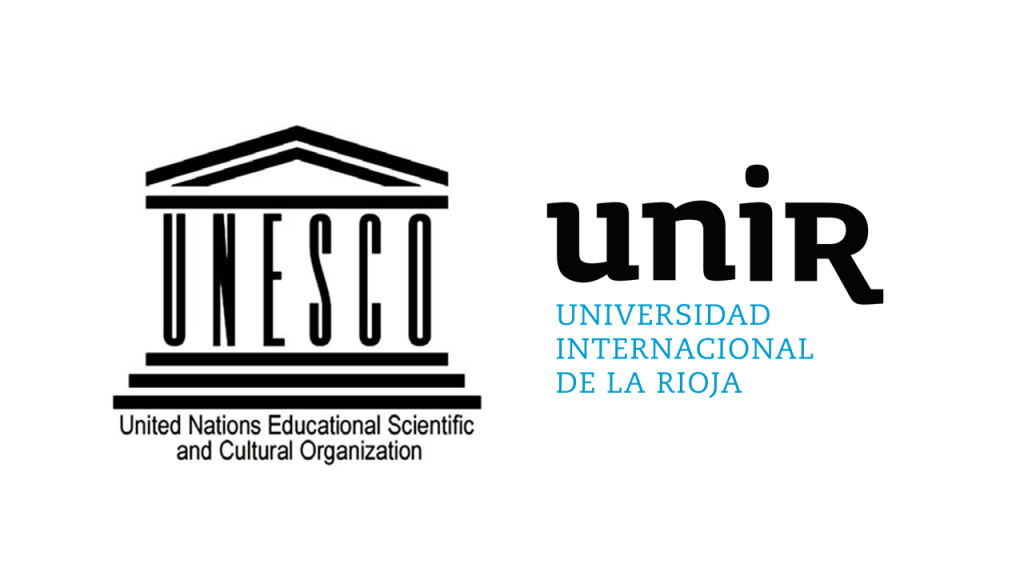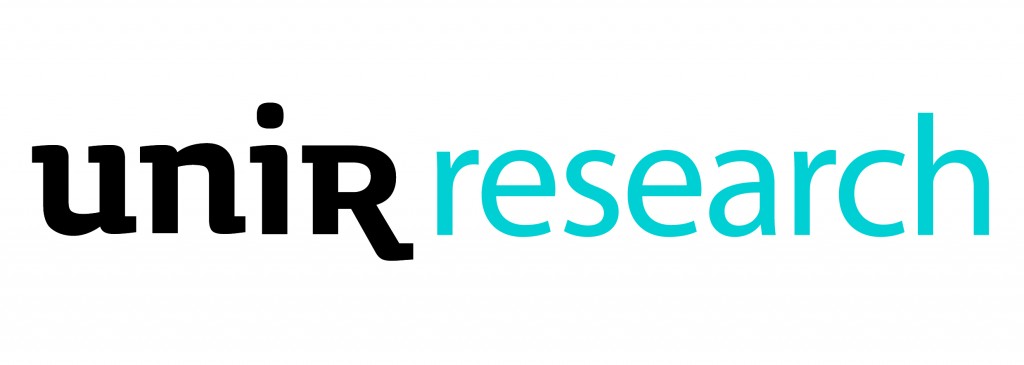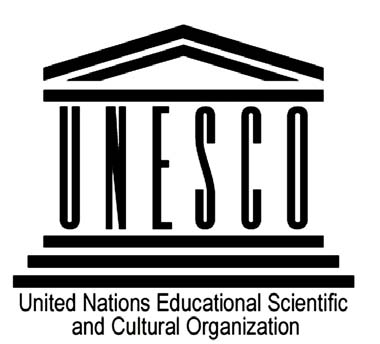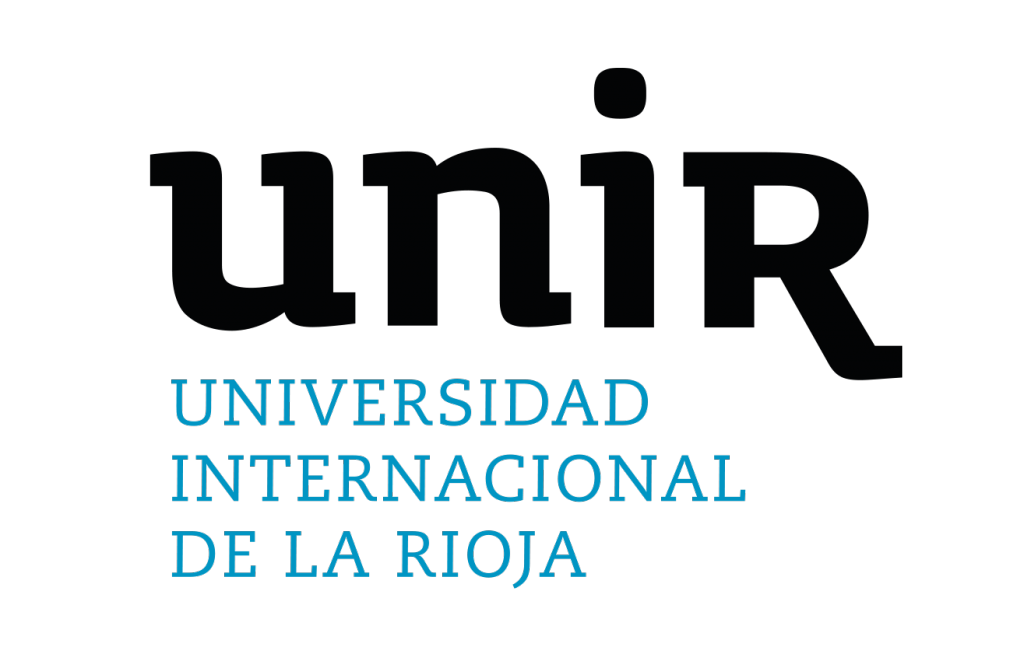UNESCO-UNIR ICT & Education Latam Congress 2016: Integration of formal and informal contexts, for a better teaching and a better learning
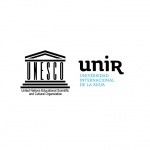
UNESCO-UNIR ICT & Education Latam Congress 2016 (//research.unir.net/unesco-congreso) is born with the drive of: “Integration of formal and informal contexts, for a better learning and a better teaching”.
The UNESCO International Institute for Information Technologies in Education (IITE, http://iite.unesco.org, Moscow, Russia), the Universidad Internacional de La Rioja (UNIR Research, //research.unir.net, Spain), and the UNESCO Chair on eLearning at UNIR (//research.unir.net/unesco) are the organizers of this event to be held in Bogota, Colombia, from June 22nd to June 24th, 2016.
It is the first conference organized by UNESCO-UNIR in Latin America on this topic. This Congress is part of the three main priorities of the UNESCO Chair on eLearning at UNIR for the 2013-2017 period. The main focus combines any learning that takes place outside the classroom with the official academic programs. Universidad Distrital “Francisco José de Caldas” and Universidad Cooperativa de Colombia, are the local hosts.
-
First Conference organized by UNESCO-UNIR in Latam
-
UNESCO and UNIR organize this international event about ICT and Education
-
Where: Bogota, Colombia.
-
When: June 22nd-24th, 2016.
The director of UNESCO IITE, Alexander Khoroshilov, is the President of the Honorary Committee of this Conference and also one of the keynote speakers along with Maria Soledad Ramírez Montoya, from Institute Tecnológico de Monterrey, and director of the UNESCO and ICDE Chairs in “Open Educational Movement for Latin America”.
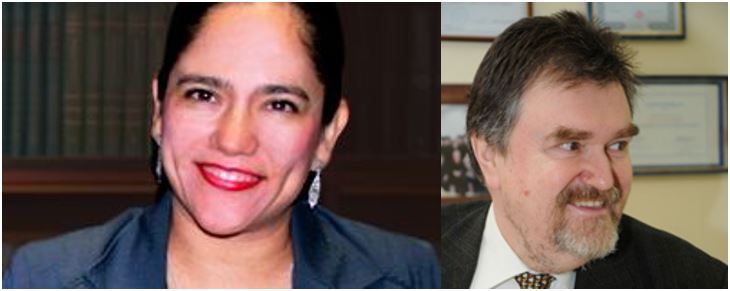
“Informal learning happens anytime, anywhere. We are convinced that formal learning, too. The key is to find the right balance between both contexts”, states Daniel Burgos, Vice.Chancellor for Research and Technology (UNIR Research, //research.unir.net), Director of the UNESCO Chair on eLearning and the ICDE Chair in Open Educational Resources, and General Chair of this Congress.
Main tracks
This Congress will work on three tracks: 1) Technology & Learning, 2) Educational Methodology, and 3) Educational Policy & Digital Society. A wide range of issues to discuss about, from the analytics applied to learning, cyber security, integration of Open Educational Resources in academic programs, educational innovation or Digital Anthropology.
Daniel Burgos explains that “this is a Congress that becomes a reference for countries in the region such as Mexico, Colombia, Ecuador, Venezuela, Peru and others on a global concern: How to combine everything that happens off-classroom with the acquisition of the official competences in academic programs?”.
Official website: //research.unir.net/unesco-congreso
Twitter: @UNIRresearch and @UNIRresearch-En
About Institute for Information Technologies in Education (UNESCO IITE)
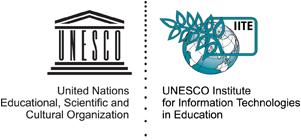
The UNESCO Institute for Information Technologies in Education (UNESCO IITE) shall contribute to the design and implementation of the programmes of the Organization in regard to application of information and communication technologies in education. Hence, IITE serves a specific purpose within the fields of competence of UNESCO. It is principally programme-driven, responds to both global and country needs, is a part of an operational network of UNESCO structures and supports the achievement of the strategic objectives of the Medium-Term Strategy as well as the programme priorities of UNESCO, as approved by the General Conference.
IITE’s mission is to serve as a centre of excellence and provider of technical support and expertise in the area of ICT usage in education.
More information at: http://iite.unesco.org
About UNIR Research
UNIR Research – The Research and Technology Department at Universidad Internacional de La Rioja (UNIR) – designs, implements and evaluates research strategies at the university. UNIR Research encourage researchers and professors to contribute effectively to research activities at UNIR, by participating in research groups, in national and European Research Projects, as well as in a wide range of calls and initiatives related to research and to the technological aspect of the institution.
UNIR research integrates and directs research activities at UNIR in line with the main academic fields of the university (Technology, Education, Communication and Social Sciences, amongst others).
Moreover, UNIR Research promotes research agreements with national and international institutions from all over the world, (mostly from Spain, Europe and Latin America). UNIR Research also represents the university at international congresses, in international organisms and Executive Boards.
More information at: //research.unir.net
About UNESCO
In 1945, United Nations Educational, Scientific and Cultural Organization (UNESCO) was created in order to respond to the firm belief of nations, forged by two world wars in less than a generation, that political and economic agreements are not enough to build a lasting peace. Peace must be established on the basis of humanity’s moral and intellectual solidarity.
UNESCO strives to build networks among nations that enable this kind of solidarity, by:
Mobilizing for education: so that every child, boy or girl, has access to quality education as a fundamental human right and as a prerequisite for human development.
Building intercultural understanding: through protection of heritage and support for cultural diversity. UNESCO created the idea of World Heritage to protect sites of outstanding universal value.
Pursuing scientific cooperation: such as early warning systems for tsunamis or trans-boundary water management agreements, to strengthen ties between nations and societies.
Protecting freedom of expression: an essential condition for democracy, development and human dignity.
More information at: http://en.unesco.org
About Universidad Internacional de La Rioja (UNIR)
Universidad Internacional de La Rioja (UNIR, www.unir.net, Spain) is a young 100% online university founded on a global vision of education directly linked to the market and the Society. UNIR facilitates an exclusive, innovative and high quality virtual model of higher education, which leans on a personalized, pro-active, and collaborative distance learning method of instruction.
UNIR is an academic institution established in compliance with the current regulations governing universities, fulfilling all parameters and regulations of the European Higher Education Area (EHEA).
UNIR provides international courses, in English and Spanish, and comprises an academic community of over 1.000 highly knowledgeable lecturers across the World, along with a strong team of more than 500 multidisciplinary staff members (including 150 tutors), working on R&D projects and support services (i.e. tutoring, legal, publishing, editing, technical, administrative, et cetera). Student number keeps increasing exponentially: over 26.000 in 2016. UNIR has premises in Spain (Logroño and Madrid), Colombia (Bogota), Argentina (Buenos Aires), Bolivia (Santa Cruz), and Mexico DF (Mexico), along with a number of collaboration agreements with Latin American and European universities, mainly. Furthermore, UNIR works hard to remove barriers, and to eliminate distance for learners with different profiles so that they can study at anytime and anywhere.
More info:
UNIR Research
Science Dissemination Unit (UCC+i)
Research.ucc@unir.net //research.unir.net/
Carlos Fernández-Alameda 91 567 43 91 (2196)
Twitter: @UNIRResearch

